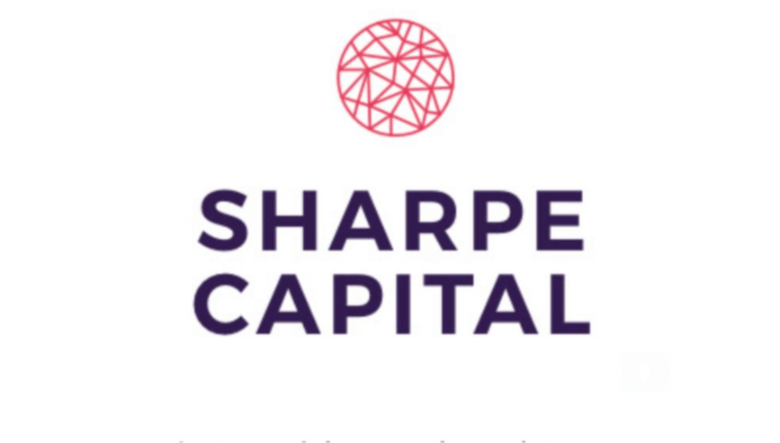A situation of perfect competition is, among other things, one where all market participants have access to the same information and knowledge about products and prices. If such circumstances prevailed in today’s financial markets, then the preeminent position of investment banks and brokers, because of their privileged intermediary roles, would likely be at risk.
In an age when prices and other financial information can be transmitted instantly by few to many, the barriers facing retail investors in accessing that data should be falling away.
Unfortunately, the perfect competition of the economic textbooks does not exist and as a result new retail investors and traders are still losing money. The 90/90/90 rule continues to apply, which contends that 90% of new traders lose 90% of their money within the first 90 days of trading. That’s bad for novice traders but it also doesn’t help the pros either as it has a distorting effect on markets.
Intelligent platform leaves nothing to emotion
Certainly, retail investors will lose money by not observing tried and tested trading strategies – such as setting stop losses, diversifying holdings and using hedges. Investors and traders need to have rules that they stick to. Sounds easy enough, but for the fact that human beings are ruled by more than rationality – emotions play a key part in trading and is the source of many costly errors.
Successful trading requires taking the psychology out of decision-making and technology can play a key role in achieving that goal. It’s what blockchain startup Sharpe Capital’s platform is doing by baking in the rational thought and trading rules all investors need to observe, combined with real-time analysis of market movements and sentiment. This should prove to be invaluable for established markets and even more so when applied to digital assets.
Sharpe Capital’s methods aren’t simply about applying algorithms, in the way robo-advisers such as Betterment do, that often involve merely selecting passive investment products such as exchange-traded funds, based on a client’s risk profile gleaned from a questionnaire. Instead, Sharpe Capital has developed a far more complex level of modelling to account for all the moving parts of a mature financial system – from the act of one buyer to the policy interventions of central bankers.
To map the complexity required, artificial neural networks (ANNs) are attracting increasing attention. Investment banks are using quantitative analytical approaches and, more recently, artificial intelligence to try and mimic how markets work to enable traders to anticipate and predict outcomes. This is the direction that blockchain startup Sharpe Capital has moved in too, but has arguably gone further by harnessing the wisdom of crowds to blockchain technology, with users incentivized to make their predictions in the crypto market. The alpha version of its platform launches on 11 December.
How this computer brain power works
In plain English, artificial neural networks are a computer replication of the trillions of neuron connections in the human brain. Each such cell has an input that fires an output. Modelling is used to determine the type of outcome to expect from a given input. The system is then trained for a certain output, learning what fits and what doesn’t and the patterns that can be discerned.
So, for example, if a project burns (removes from circulation) coins/tokens, the value of the coins that remain rises. A neural network could be programmed to assign a weight to such an event and an output that predicts increased buying of the coins before the burn.
When the model is run, so-called backpropagation can be used to correct errors.
In the coin burning example our model doesn’t take account of the fact that the coins being burned are part of the team’s holding which is locked up for 24-months. It means the buying pressure is much less than initially modelled for because the coins are not currently in circulation. The model might also take account of the fact that burning is an artificial way of raising the price of a coin as opposed to a price rise reflecting organic growth in a token economy. The model is tweaked accordingly.
This is how neural networks acquire knowledge and they are core to machine learning. It is how digital assistants like Amazon’s Alexa and the iPhone’s Siri learn. The application of neural networks to prices and investor sentiment in financial markets has powerful and profitable implications, and even more so given that are always learning and therefore get better over time.
Analysing sentiment, getting paid for being right
Sharpe Capital’s platform also needs to have a way of understanding the different language responses of the human beings interacting through market mechanisms. To harvest this sentiment in a meaningful way, natural language processing contextualises and interprets the words, grammar and punctuation of traders’ social media output (and other sources) to assess how sentiment will affect prices and companies.
Crowdsourced sentiment has the potential to bring the brave new world of perfect competition a step closer to becoming a reality, to the benefit of newbies and professional investors alike.
Users of the platform can, among other things, predict which digital assets (and equities) they think will perform best or worst and receive a monthly reward for the accuracy of those calls. If you buy the SHP token in the current live ICO, you will be eligible for a payout in Ether, in proportion to your reputation score, beginning on the 11 January 2018.
The team’s confidence in the platform is shown by the fact that payments start before the ICO fundraising ends on 5 February 2018, making it the only company in the ICO sector to do this.
